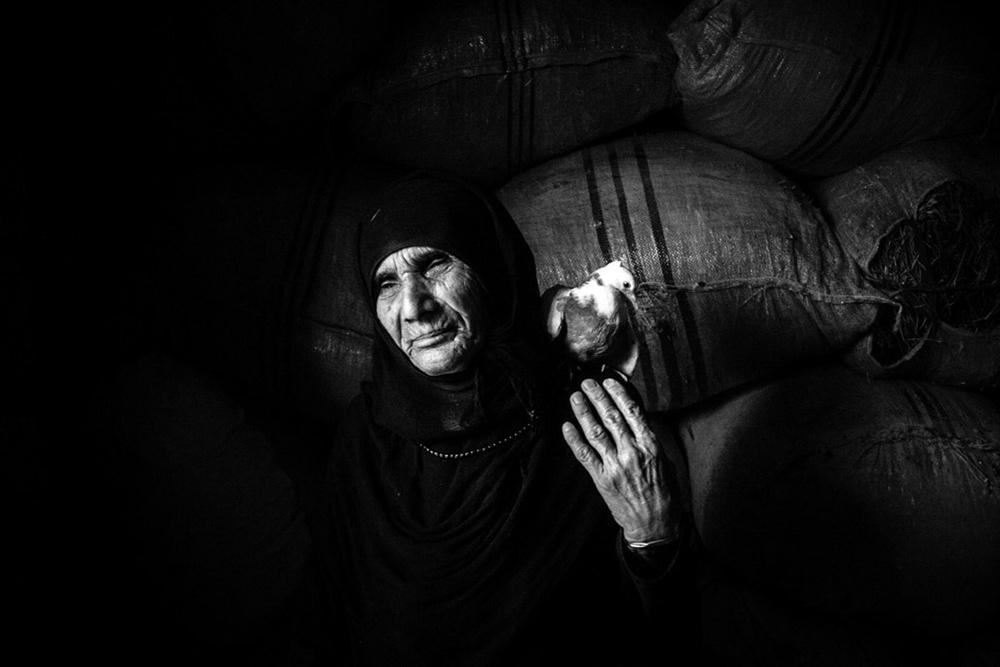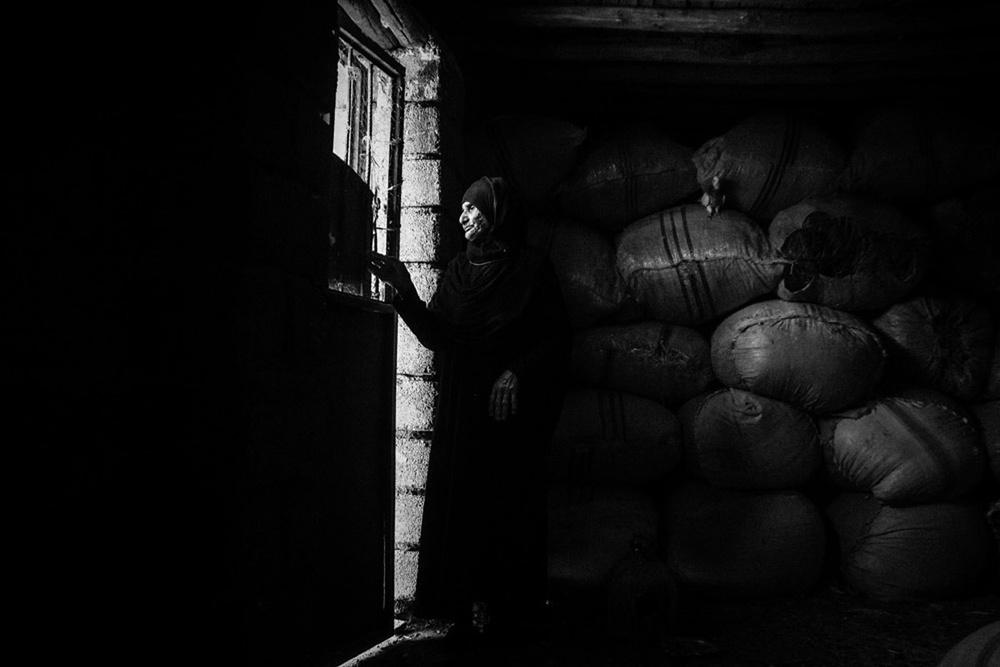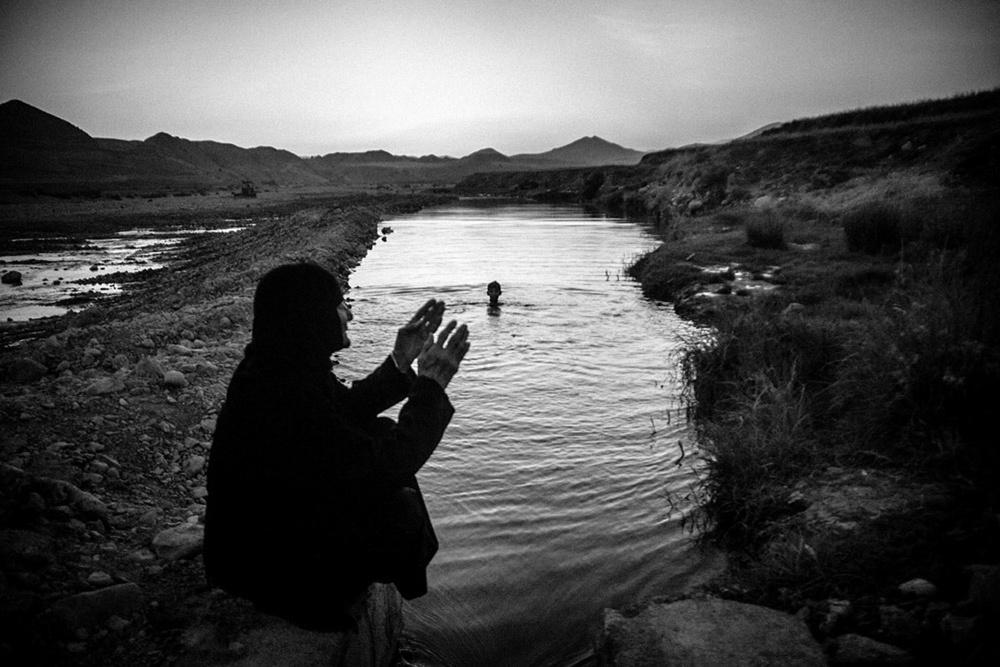It's been so many years where all she can do is cry when anguished. Today, due to all her crying, she cannot see anymore.
It"™s been so many years that she has hidden her pains behind a smile so that nobody knows what grief and love have been hidden in her impatient heart.
It"™s been so many years that she has been living for others in silence"¦
but no one knows that her sobs have obstructed her throat and she can no longer say even a lullaby.
She is a mother.
A mother who every day hopes to receive a call or hear the sound of the doorbell so that maybe "one day, one person" there is some news from her lost son.
The Iran-Iraq War (1980-88) was one of the bloodiest conflicts of the 20th century. This series recounts the grief of the mothers of missing soldiers who live in hope of finally seeing their sons again" or at least holding a body to bury.
The war between Iran and Iraq started on September 22, 1980, with Iraq's massive aggression against the Iranian territories. The war lasted 8 years and over 200,000 Iranian soldiers were killed. The war "which was called the longest conventional conflict of the 20th century" ended in July 1988 after the two countries accepted the UN resolution 598. After the war, it was revealed that the bodies of over 10,000 Iranian soldiers were missing and there is still no sign of them.
In recent years, the bodies of 7,000 Iranian martyrs have been found in Iranian territories, but due to their unknown identity, they have been registered as anonymous martyrs and were buried. At present, the bodies of 5,000 Iranians are still in Iraqi territories.
This is a story about the mothers of those missing Iranian martyrs who, after 35 years, narrate how they have spent their years in pain, expectation, love, and hope to find their sons. They are waiting to find the corpses of their children in the last days of their life, some waiting in vain"
Fatemeh Behboudi

























































